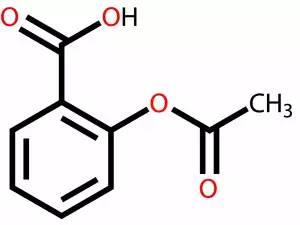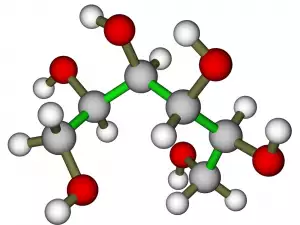In recent years, there has been a real surge of paranoia regarding the harms that sugar causes. As a result, ever more people have been reaching for artificial sweeteners, thinking that they are both sweet and healthy. But is this in fact true?
Gradually, the curtain surrounding one of the most commonly used sweeteners was drawn back and the information was shocking to say the least. Yet another sweetener that brings rise to conflicting views is acesulfame K.
Many of the foods people eat daily are sweetened with artificial sweeteners. One of the most common is acesulfame K, also known as Е950. Acesulfame K was discovered by complete accident by German chemist Karl Clauss in 1967.
In 1988, acesulfame K was approved as a sugar substitute. It was given the green light for use in all kinds of foods, gums, instant powdered drinks and others. It is a low calorie sweetener, often found in combination with the notorious aspartame.
Sources of Acesulfame K

As mentioned, acesulfame K is used in the production of sodas, sweets, gums. It is very frequently mixed with aspartame in sodas. It can be found in gelatin desserts as well.
Acesulfame K leaves a specific bitter taste in the mouth some time after it is consumed. That is why manufacturers add sodium ferulate to the products that contain it to mask its taste. Acesulfame K is not absorbed by the body.
Dangers of Acesulfame K
Acesulfame K is considered one of the closest cousins of aspartame and the dangers of the latter are plenty. According to some experts, acesulfame K can cause tumors of the breasts, lungs, along with leukemia and rare tumors.
Some studies on animals have shown that acesulfame K stimulates multiple insulin secretions, causing low blood sugar attacks.
Experiments with acetoacetamide (a breakdown product of acesulfame K) show that it quickly causes the development of benign tumors in the thyroid of rats.

Acesulfame K is 200 times sweeter than sugar. For comparison, it is about as sweet as aspartame; half as sweet as saccharin and 1/4 as sweet as sucralose.
Like cyclamate, aspartame and saccharin, it is not absorbed by the body and is quickly removed from it as waste.
The methyl ether found in acesulfame K disrupts cardiovascular system function. The aspartic acid in it stimulates the nervous system and can lead to habituation over time.
Products containing acesulfame K are not recommended for children, pregnant women and breastfeeding women.
Critics of acesulfame K stress the lack of studies on it as a possible carcinogenic, while supports point to the lack of data of side effects as the main proof of the sweetener's harmlessness.
Daily Doses of Acesulfame K
The safe daily dose is considered to be no more than 1 g. Among the benefits of the sweetener are that it's not caloric, has a long shelf life and does not cause allergic reactions.












Comments